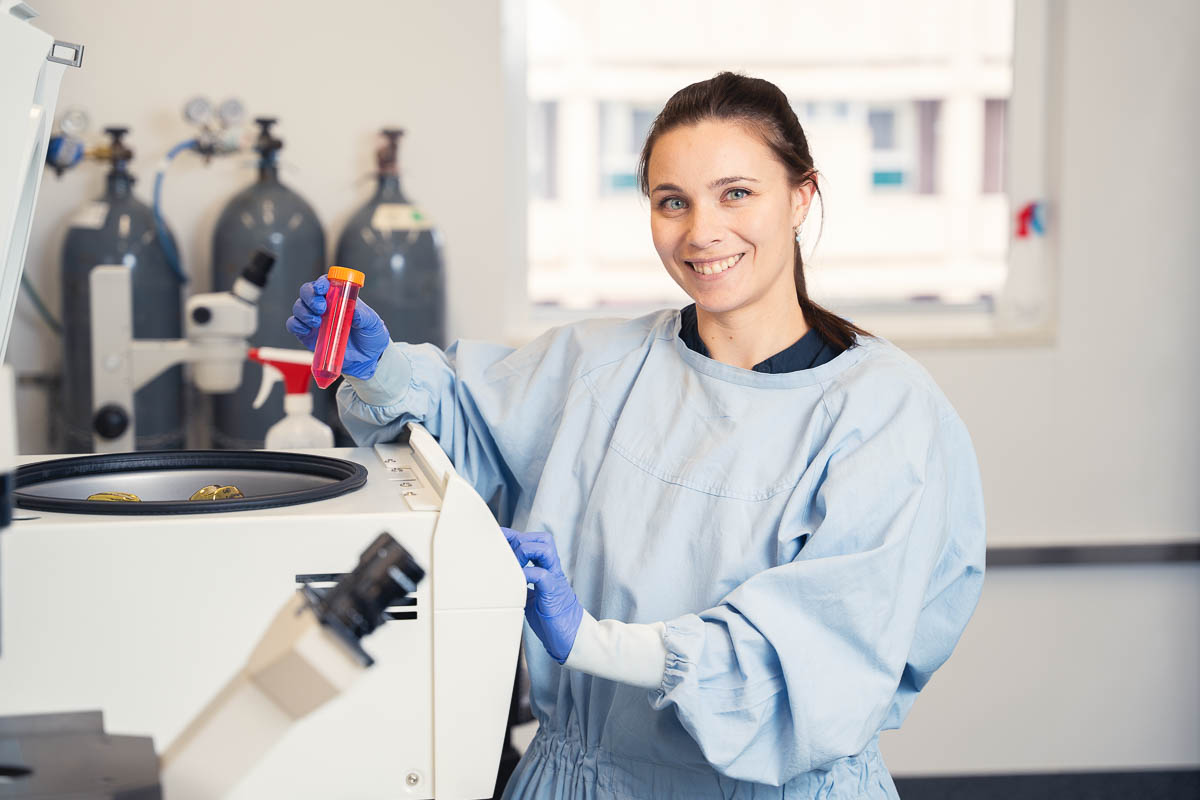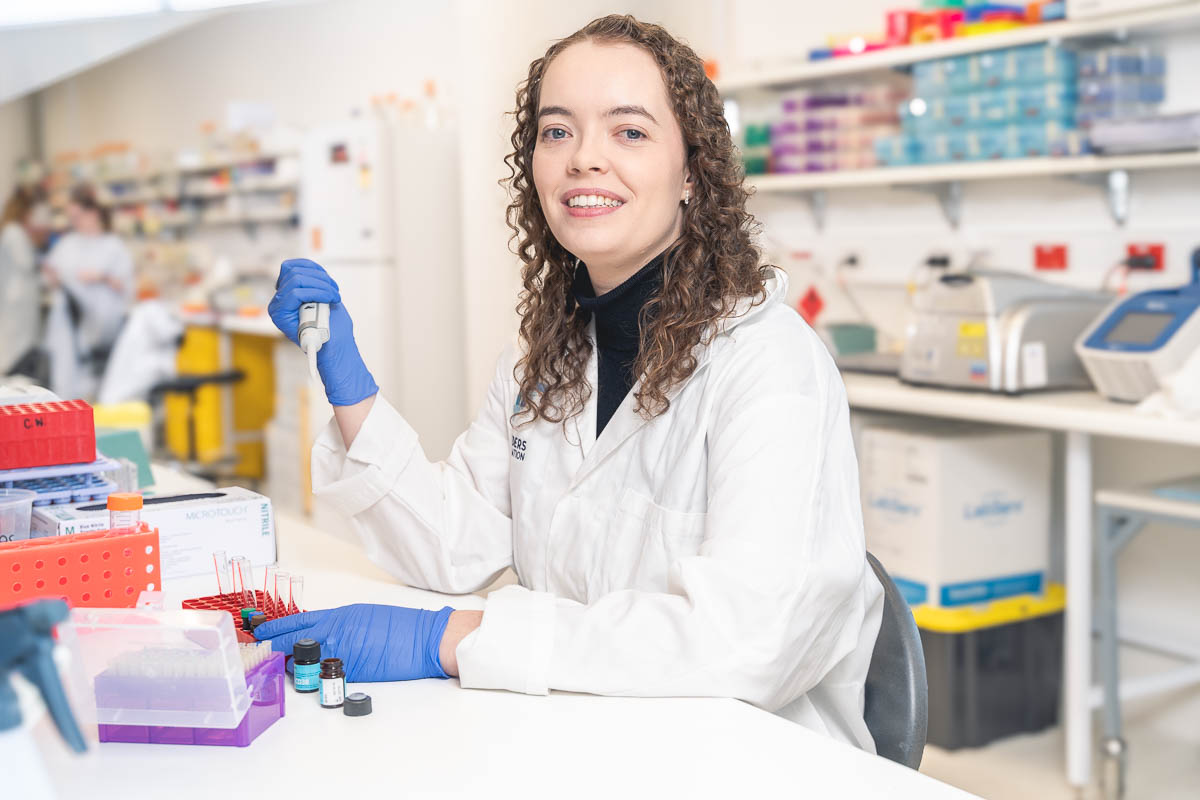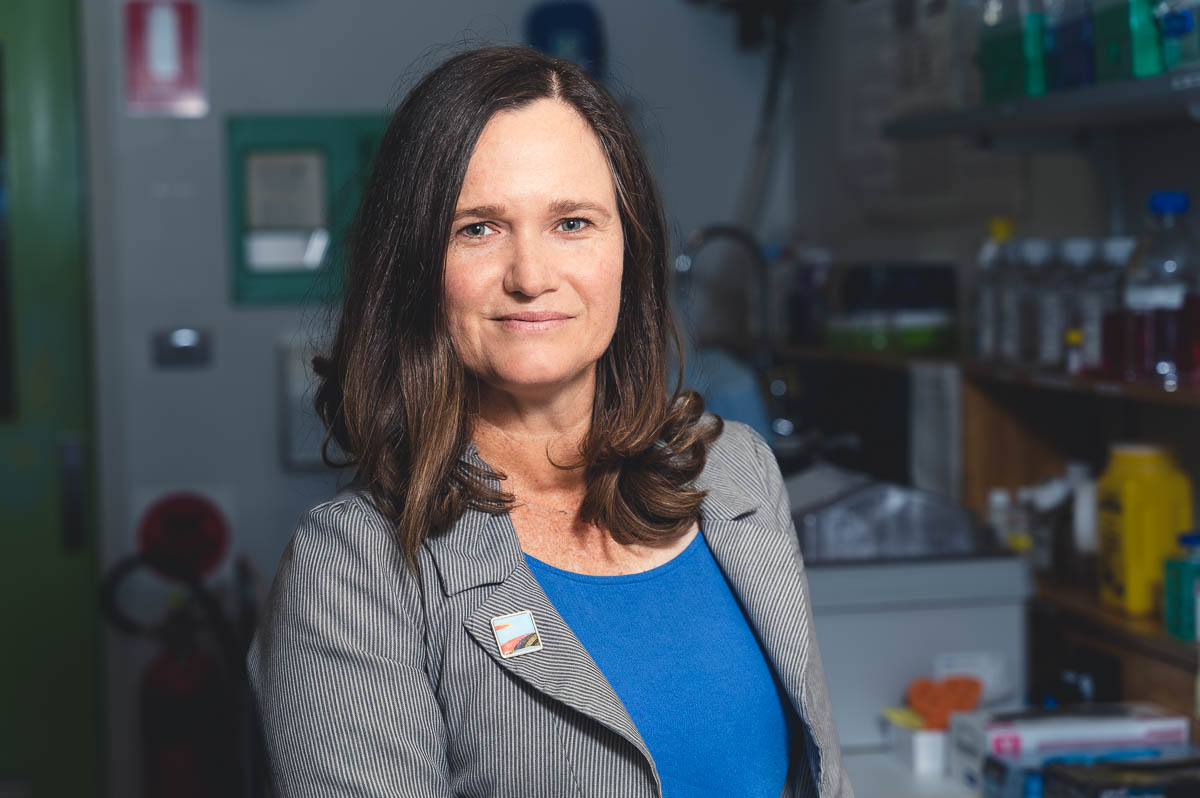Four researchers from the College of Medicine and Public Health at Flinders University have been awarded Cancer Seed Grants to help improve outcomes for patients living with cancers including ovarian cancer, multiple myeloma and the asbestos-related cancer, mesothelioma.
To mark World Cancer Day (4 February 2024), Flinders Foundation has announced four new cancer projects will receive funding amounting to nearly $100,000 to support vital health and medical cancer research.
The projects all aim to improve cancer outcomes through world-class research that leads to breakthroughs, cures and wellness for people affected by the disease.
Cancer Seed Grant projects:
- Dr Ash Hocking’s project ‘Predicting immunotherapy response using patient-derived cancer organoid models’ will grow ‘mini tumours in a dish’ – called organoid co-culture models – using cells from individual patients with mesothelioma to test and predict in the laboratory how their own cancer cells might respond to immunotherapy treatment.
- Dr Charlotte Downes’s project ‘Defining the roles of Desmoglein-2 and its association with poor outcomes in multiple myeloma’ will focus on a specific protein expressed on the surface of bone marrow cancer cells that could one day lead to improved outcomes for multiple myeloma patients with poor prognosis.
- Dr Claire Jessup and Mr Rhys Fogarty’s project ‘Targeting PD1 in ovarian cancer’ will lay the foundations for immunotherapy treatment to become a more viable treatment option for ovarian cancer.
- Dr Emma Kemp’s project ‘Developing optimal models of care to manage multimorbidity in people with cancer: a clinical pathway co-design study’ will look at optimal ways of managing cancer patients with ‘multimorbidity’ – two or more chronic diseases.
In 2020, over 19 million people worldwide were diagnosed with cancer and 10 million died from the disease.
- Cancer is the second-leading cause of death
- 10 million people die from cancer every year.
- More than 40% of cancer-related death could be preventable as they are linked to modifiable risk factorssuch as smoking, alcohol use, poor diet and physical inactivity.
- Almost at least one thirdof all deaths related to cancer could be prevented through routine screening, and early detection and treatment.
- 70% of cancer deaths occur in low-to-middle income countries.
- Millions of lives could be saved each year by implementing resource appropriate strategies for prevention, early detection and treatment.
- The total annual economic cost of cancer is estimated at US$1.16 trillion (#WorldCancerDay)












